This integration flow syncs Shopify Plus sales invoices as NetSuite billings(orders with status paid).
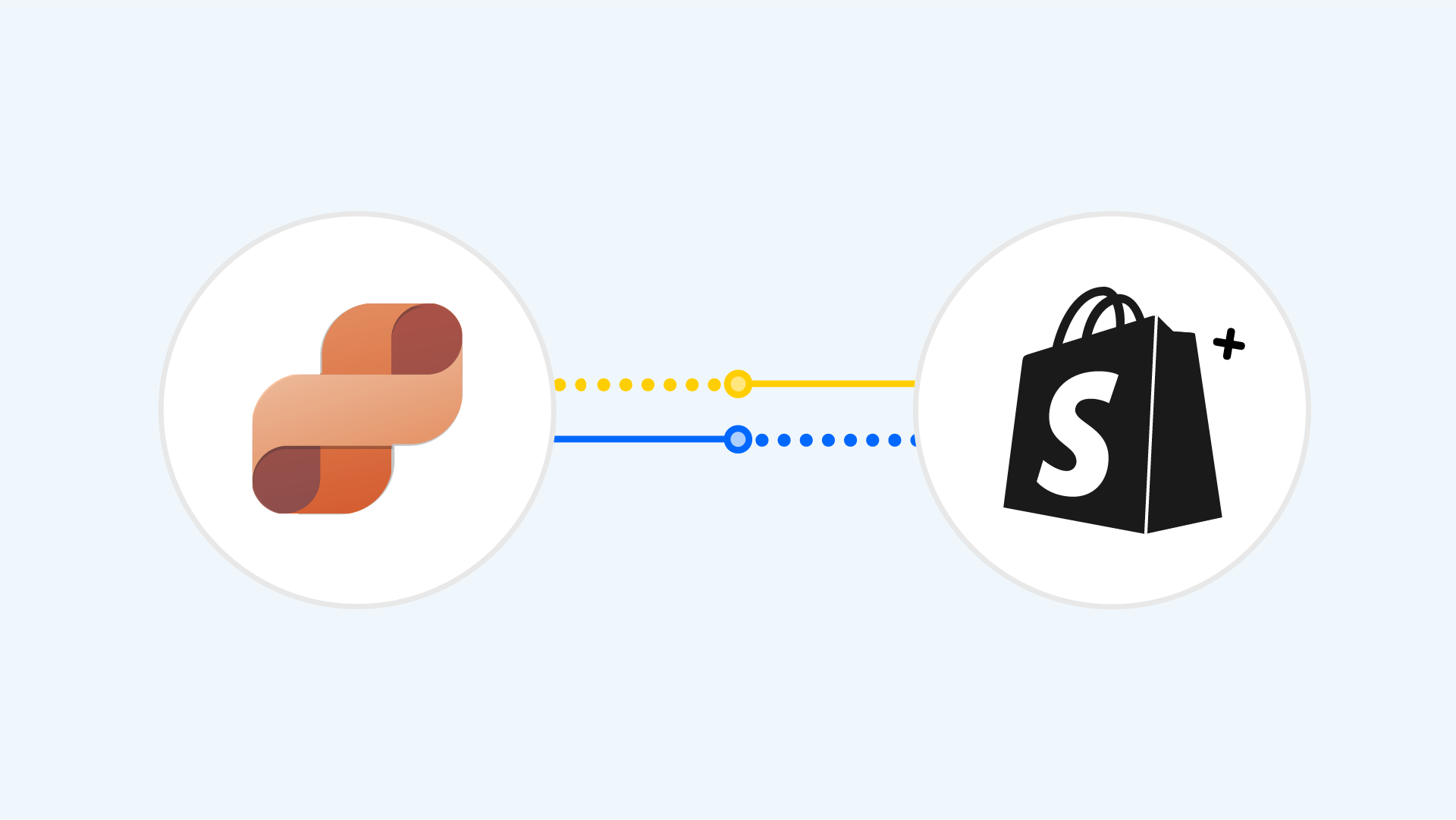
Shopify Plus eCommerce platform can easily be integrated with NetSuite ERP system using our HexaSync. We offer fully integrated ERP solutions with e-store, which allows merchants and companies to leverage all tools and resources of Acumatica to get their BigCommerce stores done.
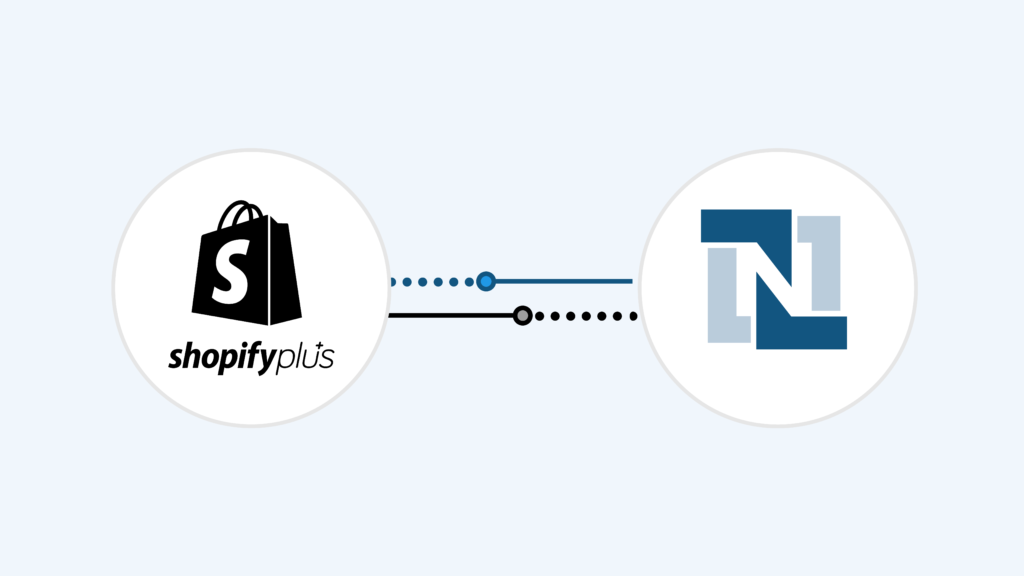
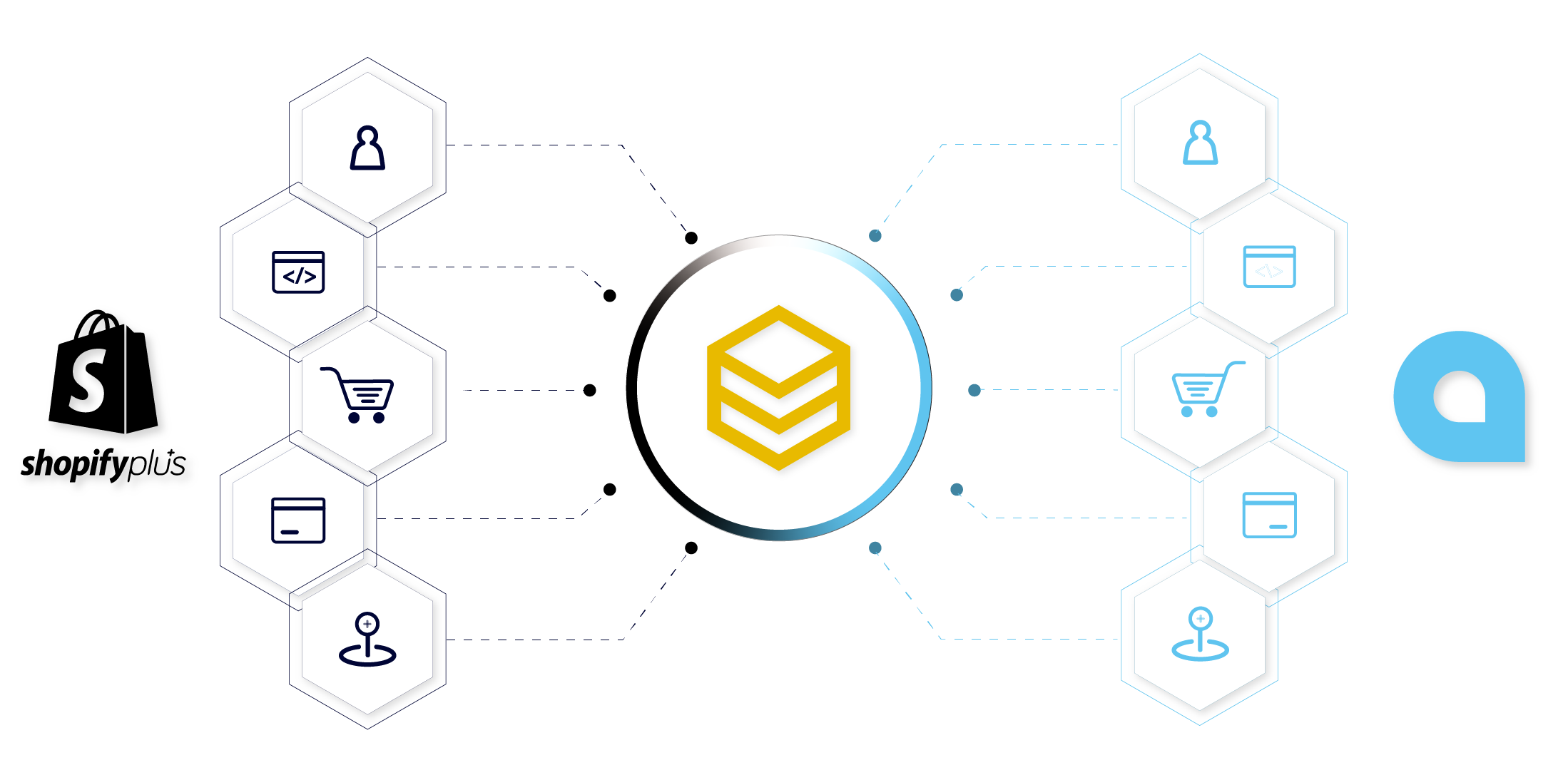
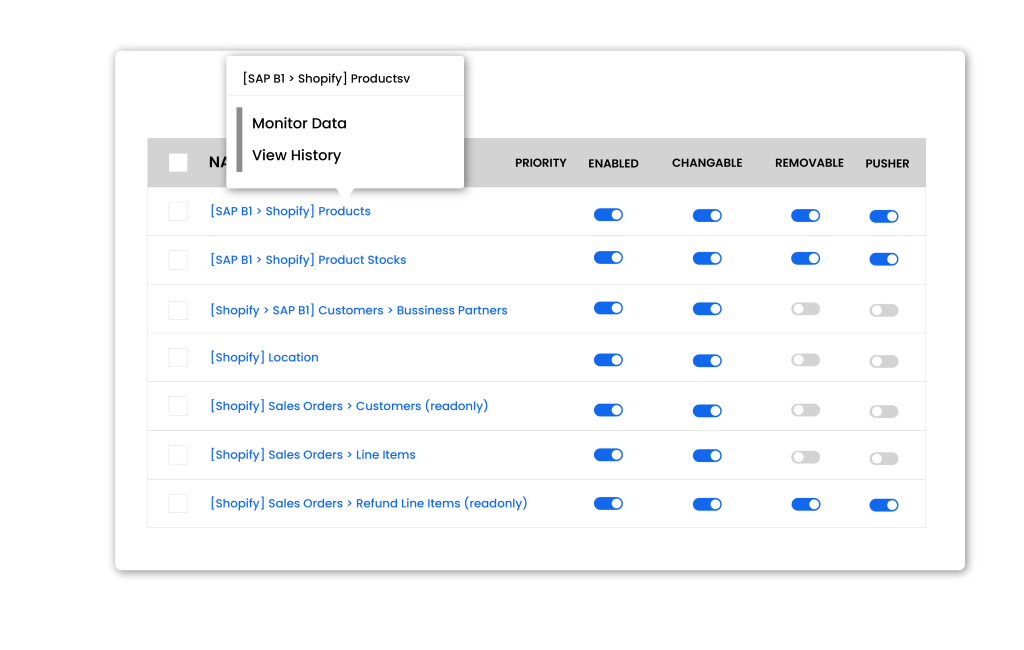
Transfer data, files, or information. It is the best option for simple processes
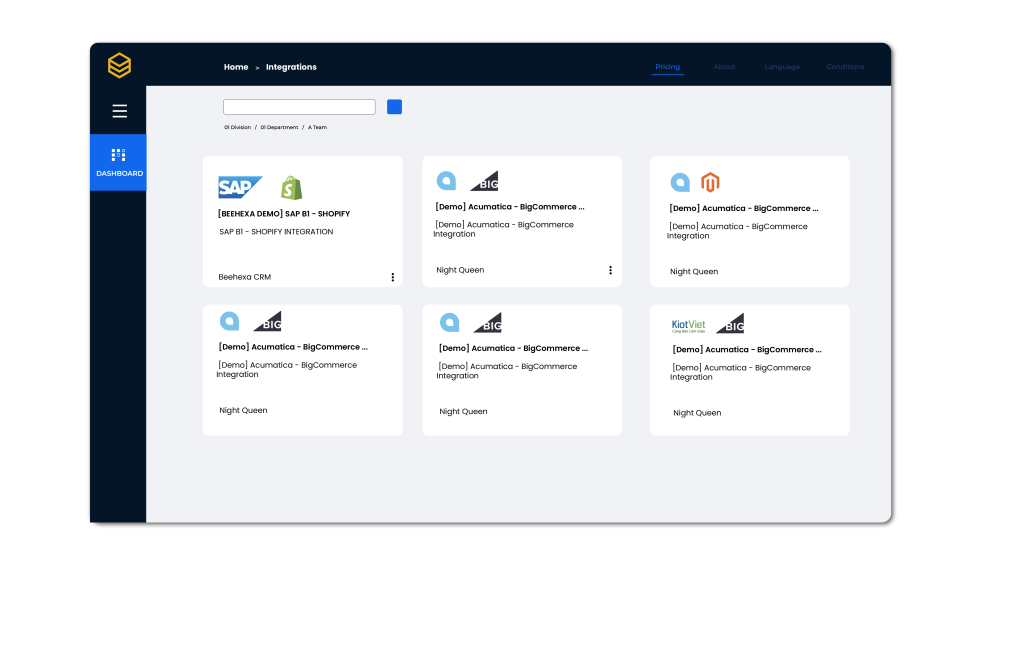
Based on the common requirements for each type of integration, we will deliver a simple demonstration for the systems as requested

Once the integration scope is confirmed, we will adjust our demo profile to fulfill your business requirements and then deploy it for usage
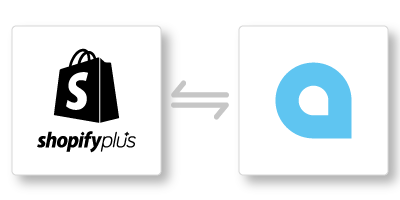
This integration flow syncs Shopify Plus customers as NetSuite customers.
This integration flow syncs Shopify Plus customer refunds as NetSuite refunds.
This integration flow syncs Shopify Plus items as NetSuite products.
This integration flow syncs Shopify Plus sales invoices as NetSuite billings(orders with status paid).
This integration flow syncs Shopify Plus sales order cancellations as NetSuite order cancellations.
This integration flow syncs Shopify Plus sales orders as NetSuite orders.
This integration flow syncs Shopify Plus shipments as NetSuite shipments.
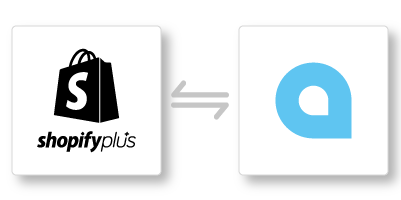
Automation from the simplest things. Your job is to focus on important work; let HexaSync take care of the rest.

Instantly synchronize product and inventory data and images between Shopify Plus and NetSuite ERP. The seamless connection enables you to have your whole store under control across all channels

Increase the chances of NetSuite ERP integrations for your exposure to more potential customers and bring more sales from both your brick-and-mortar and online stores by NetSuite ERP.

Flexible, user-friendly reporting options help you optimize sales opportunities. You can track the benefits of your investment in advertising, mailings to customers, promotions, discounts, etc
The main interface and functions of Shopify Plus are similar to those of Shopify, but it also has more features, integrations, the store’s source code
NetSuite is a software giant that provides a cloud-based business management platform for Fast-growing businesses worldwide
Shopify Plus is a commerce platform that allows anyone to set up an online store and sell their products. Merchants can also sell their products in person with Shopify Plus ERP.
Shopify Plus is now the leading commerce platform designed for businesses of all sizes. Whether you sell online, on social media, in-store, or out of the trunk of your car, Shopify has you covered. The first Shopify store was our own, and it’s been our mission to make commerce better for everyone ever since.
The NetSuite software company provides a cloud-based business management platform used by more than 32,000 fast-growing global companies. Using that platform, companies can run their businesses, understand their performance, and save money and resources by improving efficiency and reducing costs.
Finance, accounting, inventory, orders, and procurement are all managed by the ERP system of the company. Customers can add options including CRM for sales, service and marketing automation, human resources (HR) for personnel records, performance management and payroll, professional services automation (PSA) for planning and tracking projects, as well as omnichannel commerce for both online and in-store sales. A common database is shared by all of these modules. The central data source allows authorized users across business functions to access information from across the system in real time.
It gives leaders a 360° view of their business in real-time, so they can see which processes or departments are performing well and which need improvement.
The software as a service (SaaS) model is used by NetSuite: Customers pay a subscription fee to access the technology, but they don’t have to worry about underlying infrastructure or system maintenance, such as purchasing and setting up servers, installing software, testing and deploying patches and upgrades. With two software updates per year, Oracle NetSuite handles all of that for customers.
Maintenance and upgrade costs associated with on-premises solutions can be eliminated, freeing employees to focus on the company’s mission.
SaaS also offers scalability: Businesses can add functionality as they need it without worrying about infrastructure and staffing. If a B2B manufacturer decides to sell online, it may add NetSuite’s ecommerce module.
Through a single source of real-time information and the ability to add modules on demand, NetSuite gives businesses visibility and control. As a result, they become more efficient and agile.
With the NetSuite Shopify Plus integration at work, it’s easy for you to manage sales categories so that your ERP sales categories match your Website navigation. Quickly set which products to display and which to suppress from inside your NetSuite ERP. Toggle inventory number on and off. When inventory is running low, take the product down. When a product is on backorder or being previewed before wider availability, workflows help you control custom messaging.
And no developers are needed when new integrations are required or desired. Setup scheduling, or turn on and off integrations, with just a few clicks and you avoid spending money and time unnecessarily on outside resources.
Existing business users who are shopping on your ecommerce site can sign in to check out. NetSuite’s integration with Shopify Plus will pre-populate user information such as address and billing. NetSuite has rules that will automatically apply eligible discounts. Your repeat shoppers can easily see past orders to reorder products quickly.
Orders come into your NetSuite Distribution Management ERP Solution in real-time because data is synchronized automatically. Keeping your shoppers up to date on their order and shipment status is a breeze because the system instantly notifies them with emails that include all the order and tracking information they expect.
The satisfactory software must meet the following requirements to ensure that the working efficiency between Shopify Plus and NetSuite is optimized.
Beehexa utilizes the latest technologies and optimizations in the industry to deliver to you HexaSync – a real-time data sync and monitoring middleware. HexaSync provides data-integrity protection measures, as well as a cell-based mapping in order to ensure a reliable synchronization between your Shopify Plus storefront and ERP applications. Beehexa’s Shopify Plus ERP Integration is capable of handling your every kind of data, with support for various key data: Product Category, Warranty, Shipment, Customer, Warehouse, Invoice, Order, and Products.
Features:
Top search
Products
Resources
Company